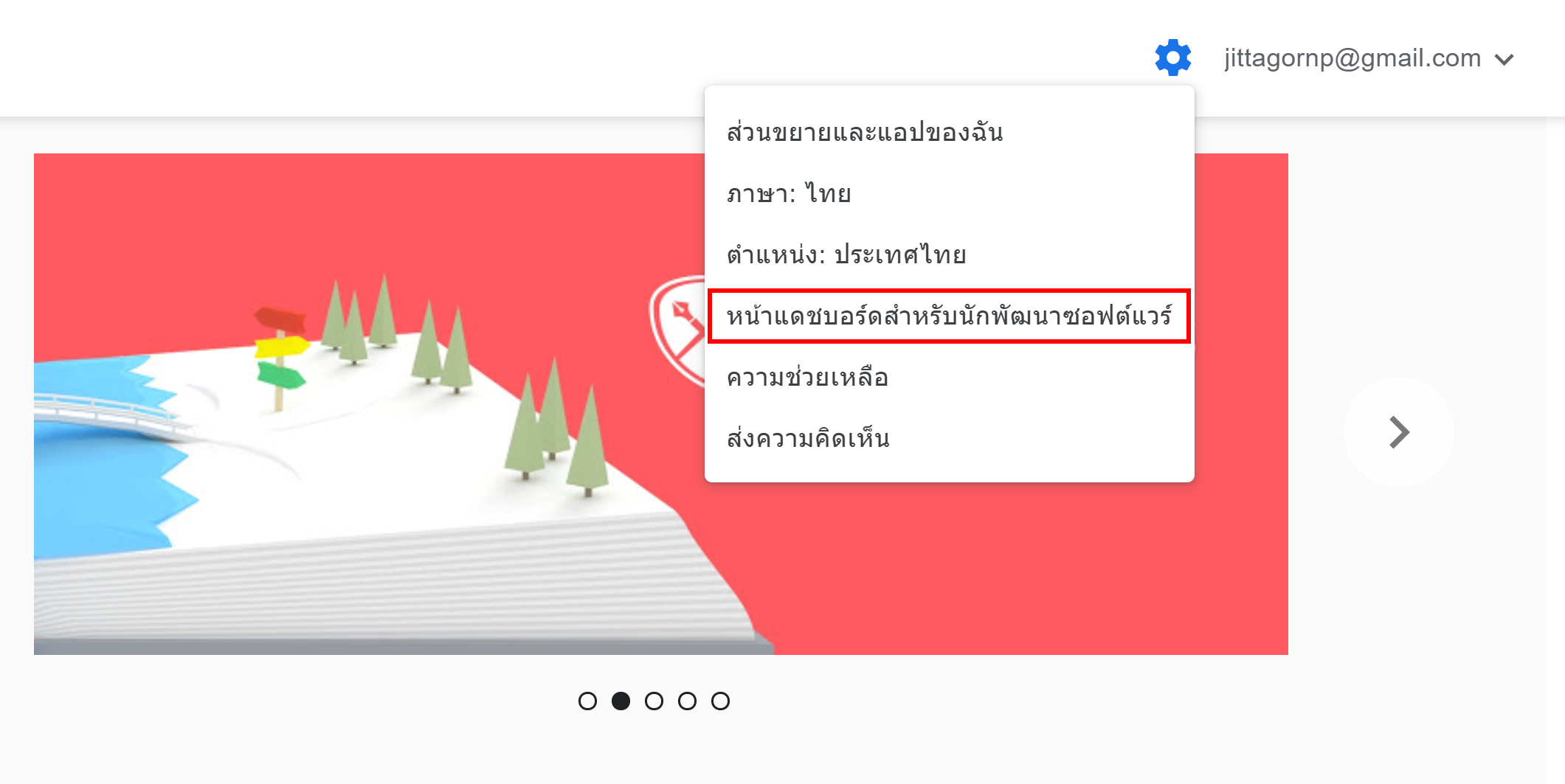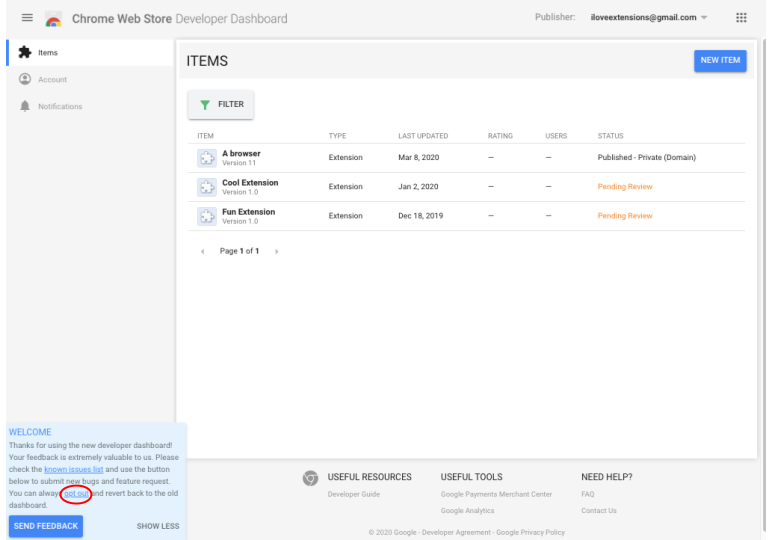
You handle data if you use, share, collect or transmit it in any way. But what does it mean to "handle" data? Well, it can mean a few things, so here's what the rules say. If you handle any data like this, you must create and publish a compliant Privacy Policy. When Google refers to "personal data," it's referring to any information that you can use to identify someone. You'll see the Privacy Policy refers to personal data, so let's break down what this actually is.

You can find them in Google's updated list of Privacy Policy requirements, but basically, it all comes down to two obligations. But if you haven't drafted one, here's what the rules say. So if you've already drafted a Privacy Policy to comply with these laws, you're probably already complying with Google's requirements.


If you're publishing an extension on Google Chrome's Web Store, and you handle any personal data at all, then you need to write and publish a Google-compliant Privacy Policy.Įxtensions are add-ons designed to improve the user experience when someone browses the internet.


 0 kommentar(er)
0 kommentar(er)
